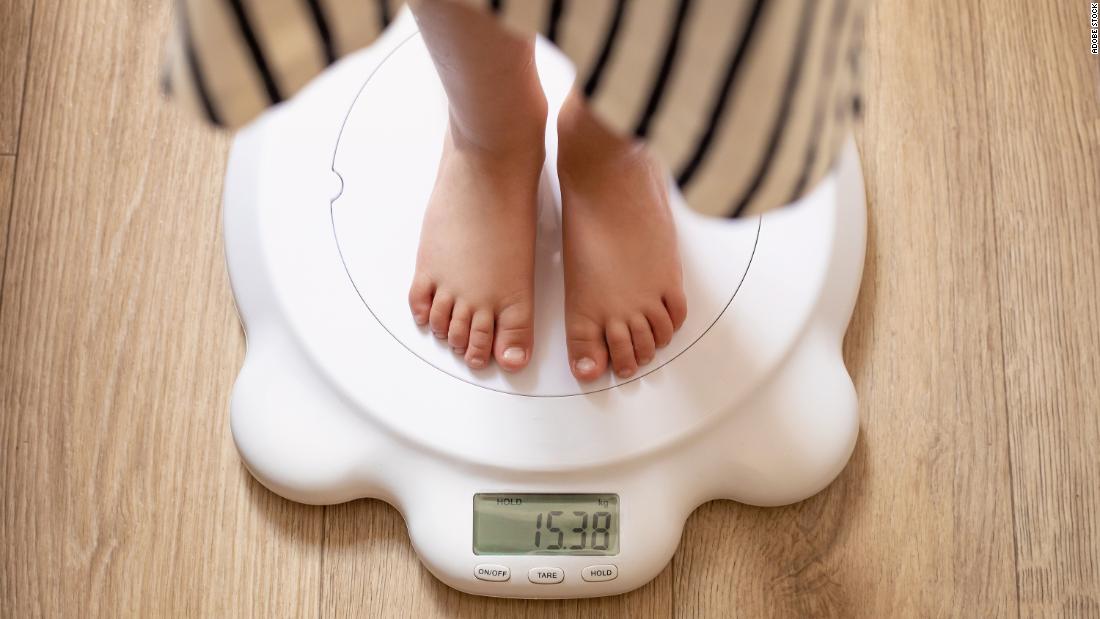Image via
Adult-use cannabis legalization laws could help inspire Americans to lose weight, a new study published in the Health Economics journal suggests.
Researchers affiliated with North Dakota State University conducted this study to discover if the growing spread of cannabis legalization might be increasing rates of obesity across the country. Everyone knows that weed can cause the munchies, but unlike many other popular perceptions of pot, researchers have confirmed that this phenomenon is real. One recent study found that cannabis can trigger hunger hormones, much in the same way that sleep deprivation can.
Numerous surveys conducted by federal agencies and independent researchers have found that adult (but not teen) cannabis use increases in states where weed is legal. So if more Americans are getting high than ever, it stands to reason that more people might be getting the munchies than ever, too. And given that overall rates of obesity have grown significantly in the past two decades, an increase in weed-induced snack consumption could theoretically present a health risk.
“Despite a well-established relationship between marijuana use and increased appetite, the impact that legalizing marijuana will have on obesity rates remains an open and under-investigated question,” the study authors explain.
The research team decided to focus on Washington, one of the first states to legalize cannabis retail sales. Federal data reports that the rate of past-month cannabis use among adults more than doubled after the state legalized pot in 2014, from 7.6% in 2011 to 15.6% in 2017. By 2019, that percentage had climbed to 18.5%, higher than the national average of 11%. If this increase in cannabis use actually led to unhealthy eating habits, then researchers would expect to see the state’s obesity rates rise at the same time.
The researchers were surprised to learn that the exact opposite was true. The average obesity rate in Washington dropped significantly in 2015, the year after the state legalized weed, and has climbed only modestly since then. But in the US as a whole, the average obesity rate continued growing steadily higher during that same time frame.
To investigate the issue further, researchers used data from prohibition states to create a synthetic model of what Washington would be like if the state never legalized weed. Based on this experiment, the researchers concluded that obesity rates in Washington would have continued to rise if the state had not actually legalized adult-use cannabis. The study authors conducted further experiments to test the robustness of their findings and arrived at the same result.
“Our primary experiment revealed recreational marijuana legalization, which allowed for recreational marijuana dispensaries to open, resulted [in] decreases in obesity rates for Washington State,” the researchers wrote. The authors do acknowledge that their findings did not allow them to “clearly identify the mechanism by which greater access to recreational marijuana reduces obesity,” though.
The present study adds to a growing body of evidence linking cannabis to improved health outcomes. A 2019 study also confirmed that pot users gained less weight per year than non-users, and other research reports that weed lovers are more likely to exercise, less likely to get cancer, and are healthier on average than those who don’t partake.











